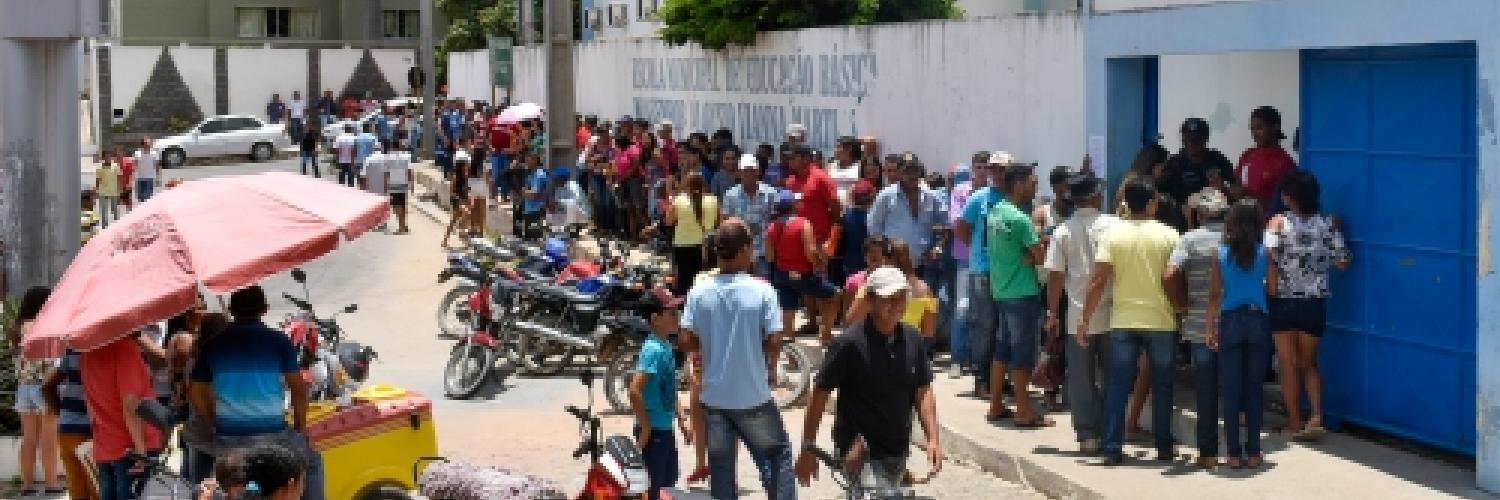This research examines the effects of vote buying on minority-groups representation. Vote buying is the granting of specific personal favours to individual voters with the goal of gathering their political support.
It is a widespread electoral practice, particularly in developing nations. While political scientists have extensively studied the conditions under which vote buying occurs, much less is known about its impacts on political recruitment and representation. This research will look into perspectives on vote-buying and marginalised groups’ representation in Brazil. Using data collected through a large online survey experiment, the project will explore two key questions:
- What are the perceptions of vote buying?
- Does vote buying carry a symbolic value to politicians – particularly minority candidates - that is greater than the transactional value of exchanging favours for votes?
- Are minority candidates punished differently compared to their political competitors, if accused of vote buying?
The extensive use of smartphones in Brazil allows the researchers to cover a sample of respondents that is representative of the Brazilian population. Respondents won’t interact with interviewers whose race and gender could also potentially influence their answers to sensitive questions. These questions have important implications on the literature of clientelism and electoral behaviour, as well as for the electoral viability and representation of politically marginalised groups.




